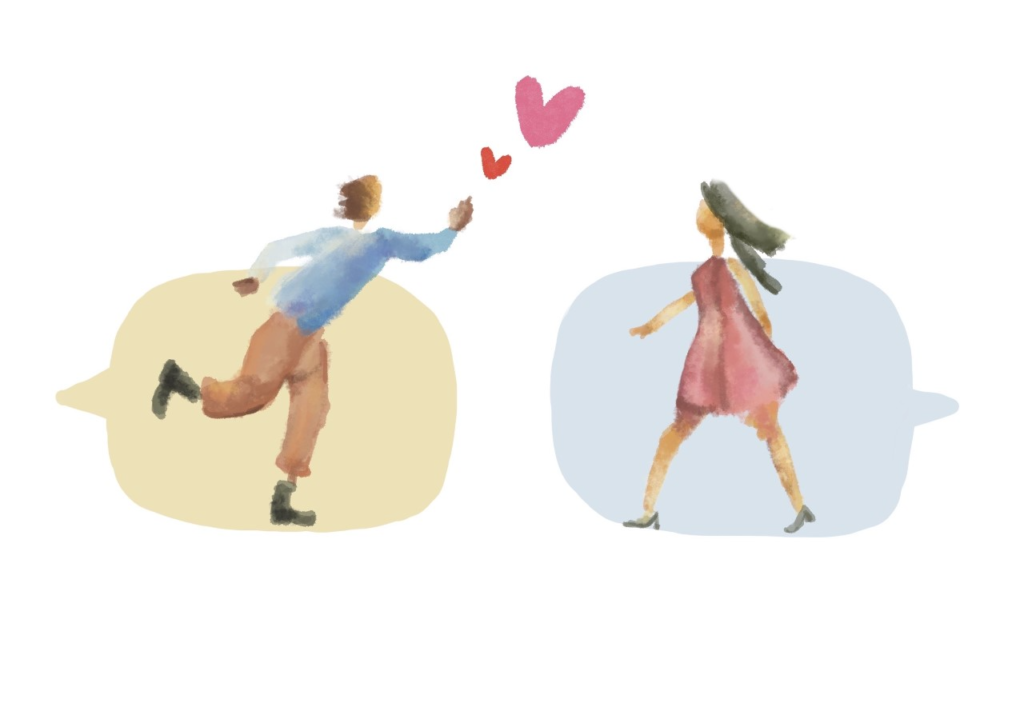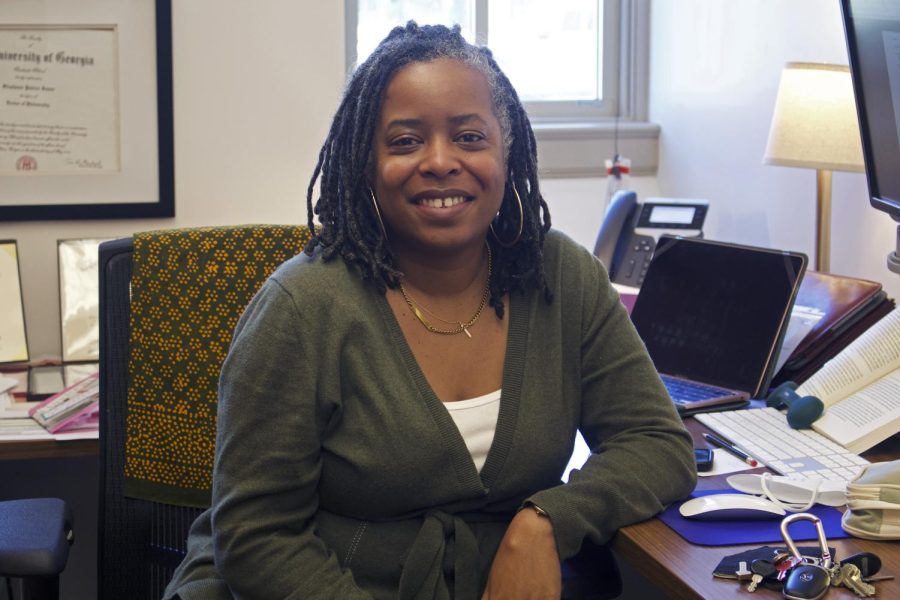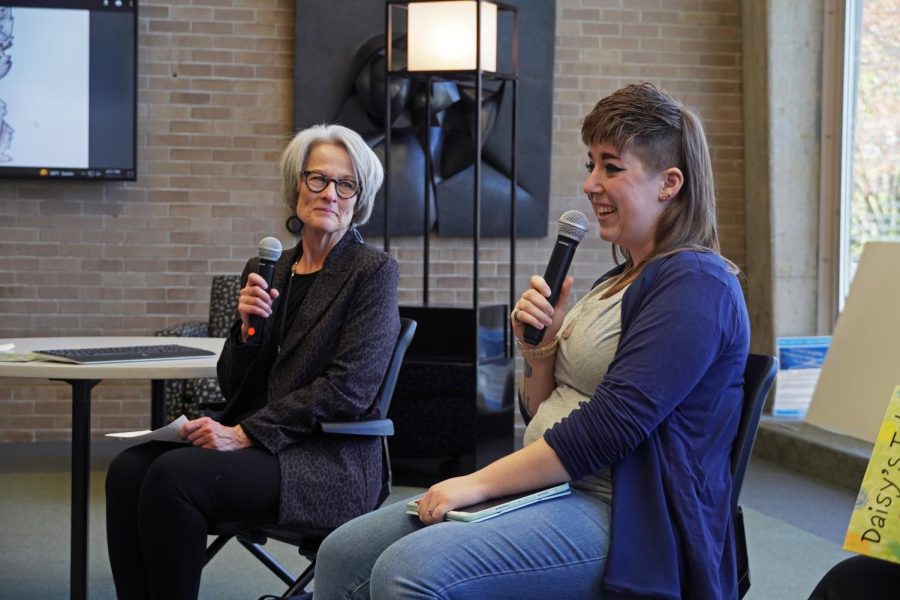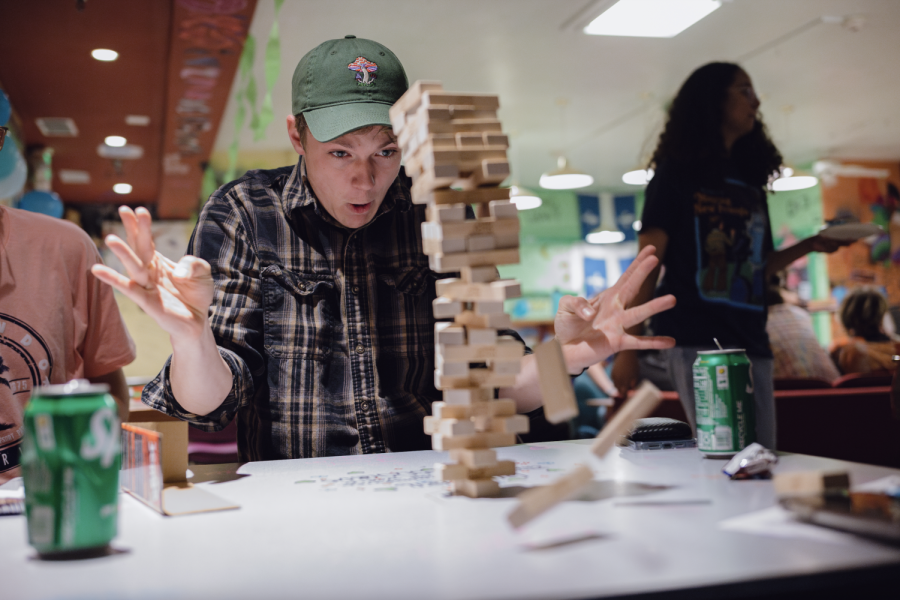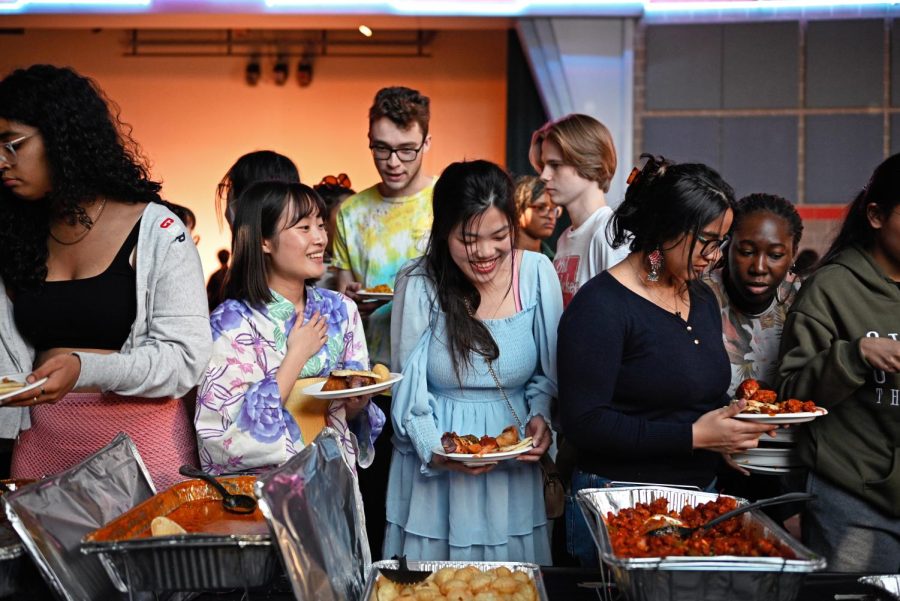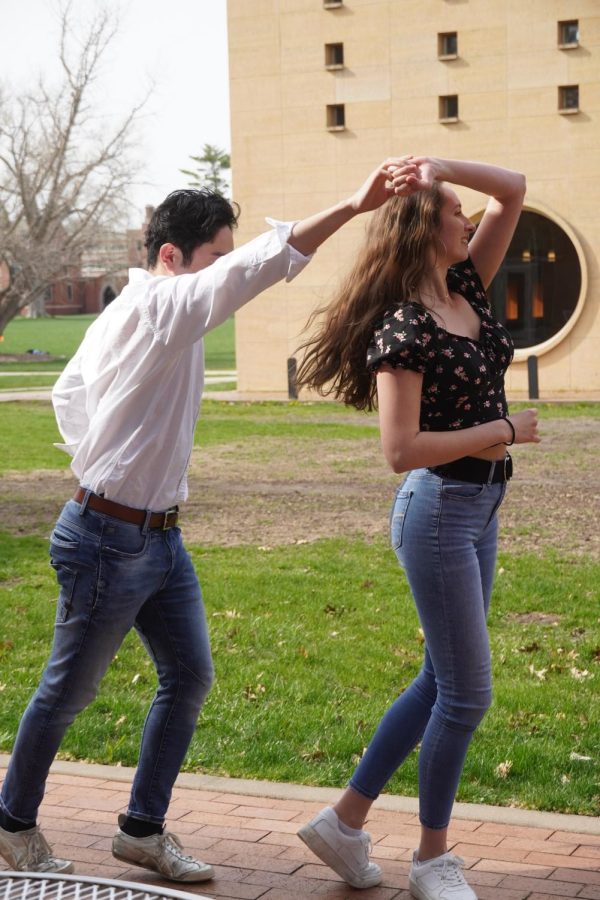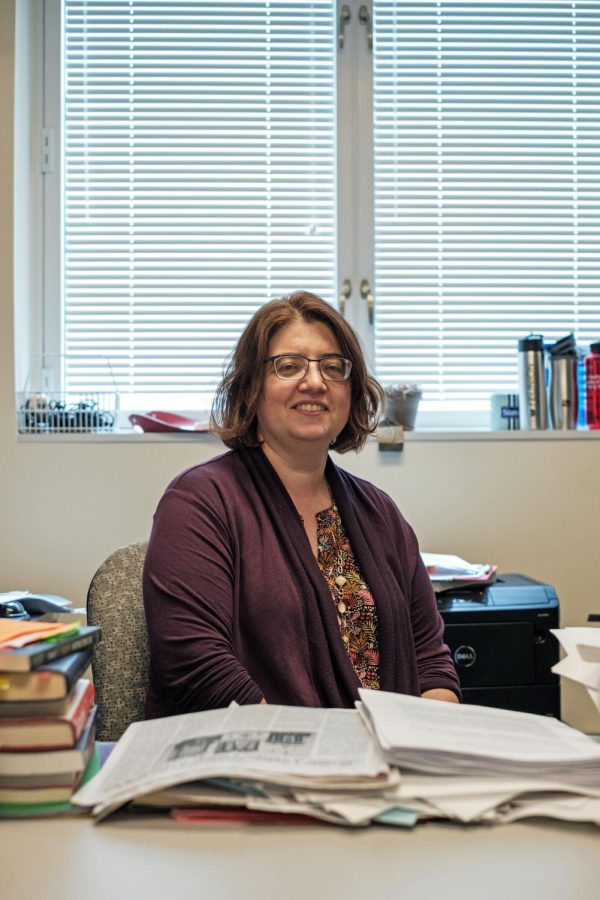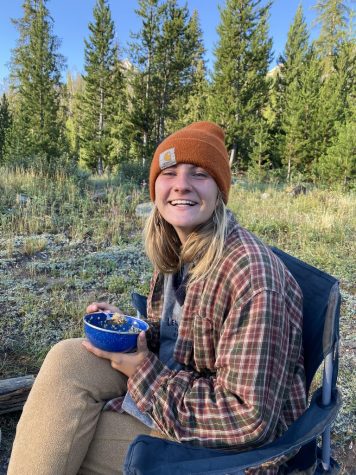It is a truth universally acknowledged that “60 percent of Grinnellians marry other Grinnellians.” The origins and accuracy of the statistic remain unknown, but if the statistic is even remotely true, one would think that Grinnell would have a prolific dating scene. The truth, however, is more nuanced.
Before any other variables can be isolated, one must consider the fact that Grinnell is comparable in size to many public high schools. The inevitability of running into someone in the Dining Hall seems to be a common theme in the discussion of sexual and romantic relationships.
The small student body isn’t just a deterrent from engaging in casual hookups, it also discourages some people from getting too seriously involved with anyone.
Will Donaldson `23 cites the small population as one of many reasons Grinnell students choose to remain single.
“There is a hesitancy to date fellow Grinnellians for a variety of reasons –– time, obviously, stress, workload, time management, but also the small school. What becomes of these people if you know if it ends or what happens to my social scene and dynamics, and, you know, the friendship that we struck up before romance period?”
Many Grinnellians simply don’t have time to date, viewing a romantic relationship as another time commitment, which is perhaps why study dates are so common.
There is also an inherent vulnerability in dating, because you could potentially lose that person. In the context of a small college, students could also lose a lot of other meaningful social connections.
Dating within friend groups and sports team is the most common, but breakups and awkward hookups can fracture friendships and obliterate friend groups.
Xavier James `25 has only been here a couple months and has already noticed the repercussions among his friends.
“Some of my friends shared interest in the same guy, and that’s gotten a little messy. … So I guess that’s one thing I have noticed, because it’s so small it might be hard to not do that,” said James.
This idea of overlap is further accentuated among the queer population at Grinnell, as the pool of available people decreases even farther.
“Being queer at Grinnell, there is an inevitable overlap,” said Donaldson.
“I’ve heard from some younger queer friends about how taken aback they were to find such an interconnectedness in terms of the amount of relationships and hookups that have happened throughout the queer population.”
Some students, however, haven’t considered the dating and hookup overlap because they are still struggling to find any connection. Party settings are often viewed as a space to find someone, but this usually leads to disappointment. Trying to meet people while under the influence in a loud dark room often doesn’t pan out.
Another way to meet people is through dating apps. Many students are active on Tinder, although for many of them the app is more of a game than a way of actually meeting people.
Communication seems to be a large issue when it comes to dating. Coming into college, many students believe others are far more experienced than they are.
Many students have their first relationships or romantic and sexual experiences after they arrive at Grinnell. Others are coming out of bad high school relationships, recovering from breaking up with their first loves, discovering their sexuality or feeling ashamed and overwhelmed by their complete lack of experience.
“Everyone’s coming from a completely new standpoint and perspective of experiences when it comes to sex and romance and dating. And sometimes I feel like it’s hard to understand or respect that. I feel like as soon as you start to consider where other people are coming from and not just what you want, then you begin to unravel the mystery of why someone would want something casual or something heavily romantic or wants to like, see where it goes and try it out,” said Donaldson.
“Sometimes we become so stuck in our own perspectives that we lose sight of what it’s all about, which is sharing something with someone. And that can come in a lot of forms. And you just have to be open about what you want.”
But given the urban legend that supposedly 60 percent of Grinnellians are getting married to each other, it’s no surprise that there are also positives to dating at Grinnell.
James met his girlfriend at a party in the fall semester and says the college environment has made it very easy for them to spend time together. “It’s super easy to be there for each other,” said James.
Despite all the difficulties that come with dating in college, perhaps what makes Grinnell romances successful in the long term is the deep emotional intelligence and introspection Grinnellians bring to their relationships.
“One thing that that continues to surprise me about Grinnell is the depth to which a lot of people are thinking about themselves, about how they come off to other people, about how we interact, and about what romance means to them,” said Donaldson.
“I think most Grinnellians have a very complex relationship to romance. This is a huge benefit and amazing because it makes us more equipped to talk about sensitive and tender things. And I just think that’s really special.”


















































